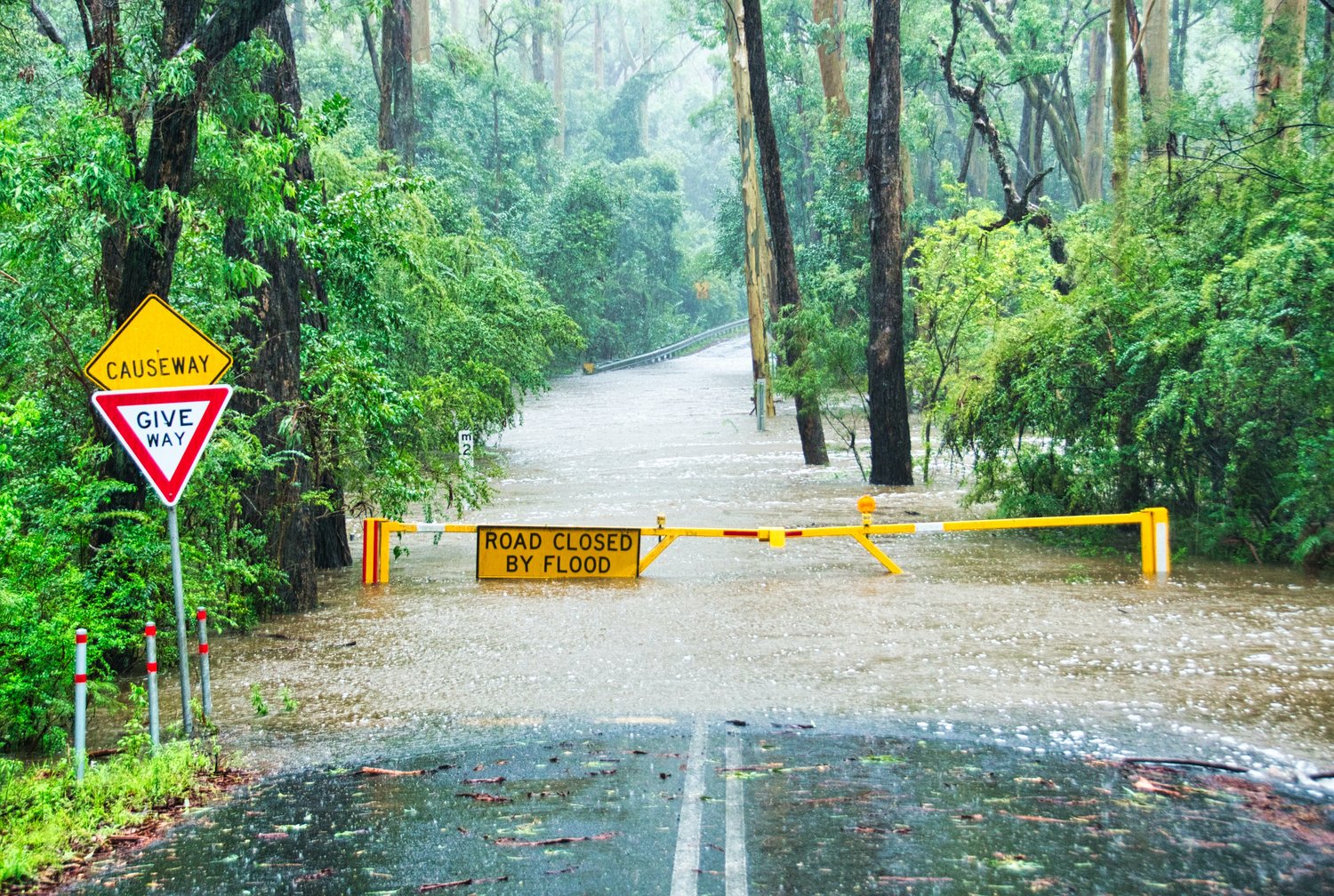Heavy rains are predicted to impact our area this weekend. It is important to be prepared for flooding.
Join our family of readers for as little as $5 per month and support local, unbiased journalism.
Already have an account? Log in to continue. Otherwise, follow the link below to join.
Please log in to continue |

NAPLES — Heavy rains are predicted to impact our area this weekend. It is important to be prepared for flooding. The Florida Department of Health in Collier County (DOH-Collier) emphasizes the importance of residents and visitors taking precautionary measures.
Moving flood water
During flooding, the greatest threat comes from moving water. The deeper the moving water, the greater the threat. People should avoid driving in moving water, regardless of the size of the vehicle.
Pooling flood water
Heavy rain causes flood waters to rise and pool on streets and throughout neighborhoods. In these situations, be aware of the following:
• Road surfaces become disguised and drivers can unknowingly steer into a deep body of water, such as a canal or pond.
• Electricity from streetlights and power poles may be present in standing water, causing a deadly shock to anyone coming in contact with it.
• Children playing in contaminated standing water can become sick or be bitten by snakes or floating insects.
• People coming into contact with floodwaters should thoroughly wash and rinse any exposed body parts with soap and disinfected water.
Contaminated water supply
If the public water system lost pressure, a boil water notice will likely be issued for your area. People in these areas should take precautions to avoid consuming contaminated water. If your well is in a flooded area, your water may contain disease-causing bacteria and may not be safe to drink.
DOH recommends one of the following:
• Boil water for at least 1 minute before using it for drinking, cooking, making ice, brushing teeth, or washing dishes.
• Disinfect water by adding 8 drops (about 1/8 tsp – this would form a puddle about the size of a dime) of unscented household bleach per gallon of water, and then let it stand for 30 minutes. If the water is cloudy after 30 minutes, repeat the procedure. Use a container that has a cap or cover for disinfecting and storing water to be used for drinking. This will prevent contamination.
• Use only bottled water, especially for mixing baby formula.
After the flooding subsides:
• Disinfect your well using the steps provided by your local health department, or located on the Department of Health’s website at www.floridahealth.gov/healthy-environments/private-well-testing/_documents/Flooded_Well_Broc.pdf
• If available, have your water tested through your county health department or by a laboratory certified by the state to perform a drinking water analysis.
Contaminated Food
Contaminated Items
• Discard wooden cutting boards, plastic utensils, baby bottle nipples and pacifiers. There is no way to safely clean them if they have come in contact with contaminated floodwaters.
• Thoroughly wash metal pans, ceramic dishes and utensils with soap and hot water and sanitize by boiling them in clean water or by immersing them for 15 minutes in a solution of 1/4 cup of household bleach per gallon of water.
Hygiene
Basic hygiene is very important. Always wash your hands with soap and water that has been boiled or disinfected and cooled. Hands should be washed before preparing or eating food, after using the bathroom or changing a diaper, after handling uncooked food, after playing with a pet, after handling garbage, after tending to someone who is sick or injured, after blowing your nose, coughing, or sneezing, after helping in flood cleanup activities, and after handling items contaminated with flood water or sewage.